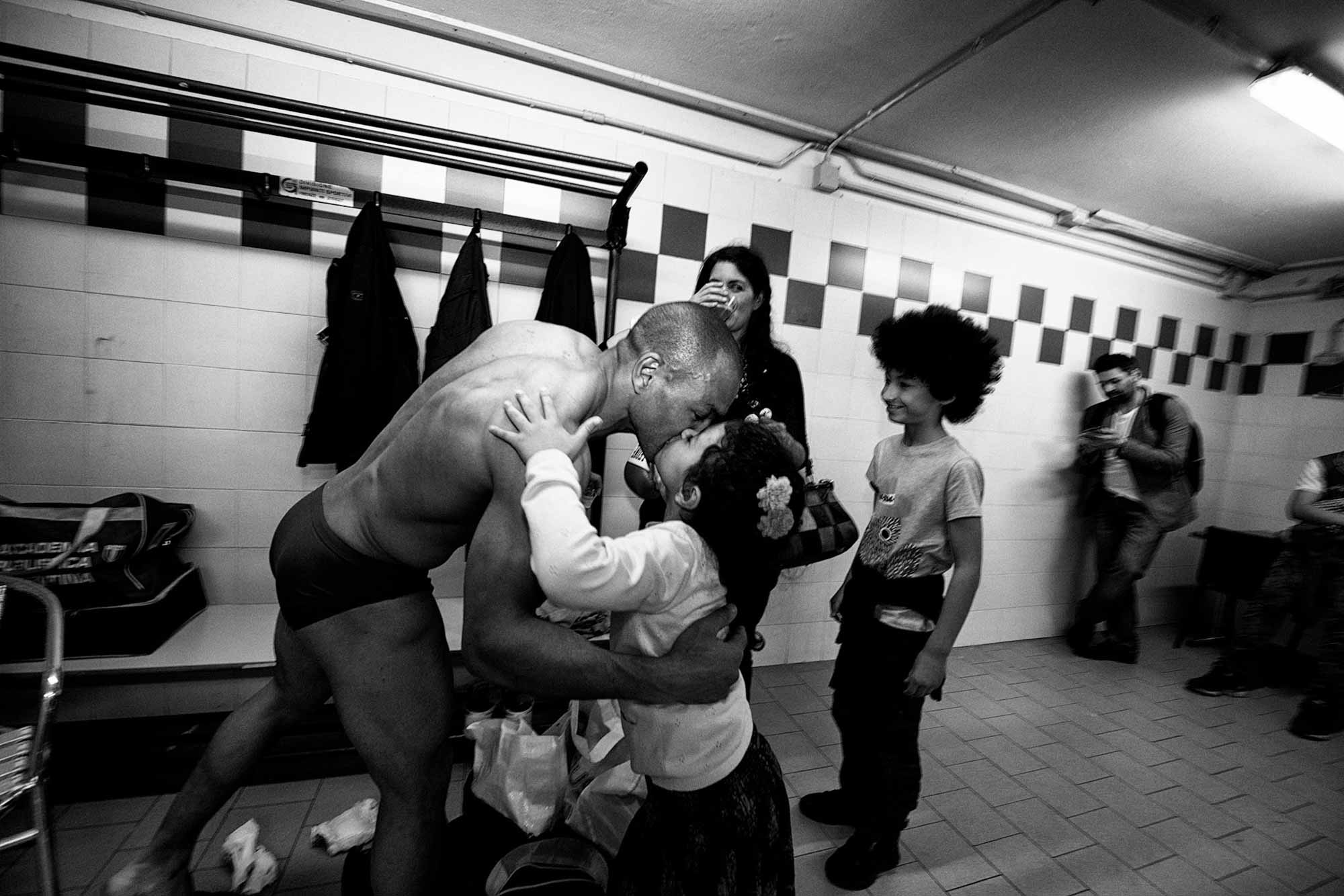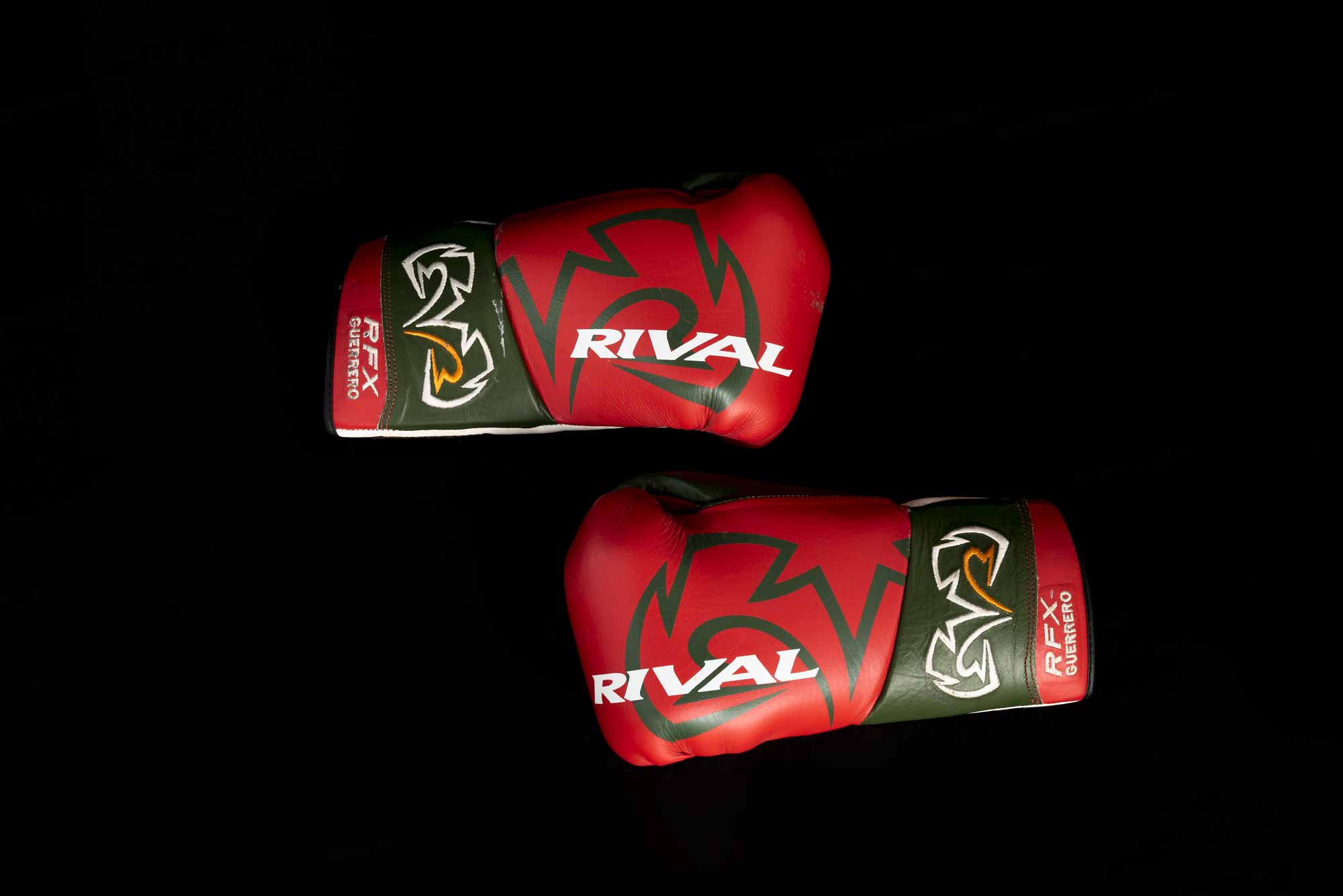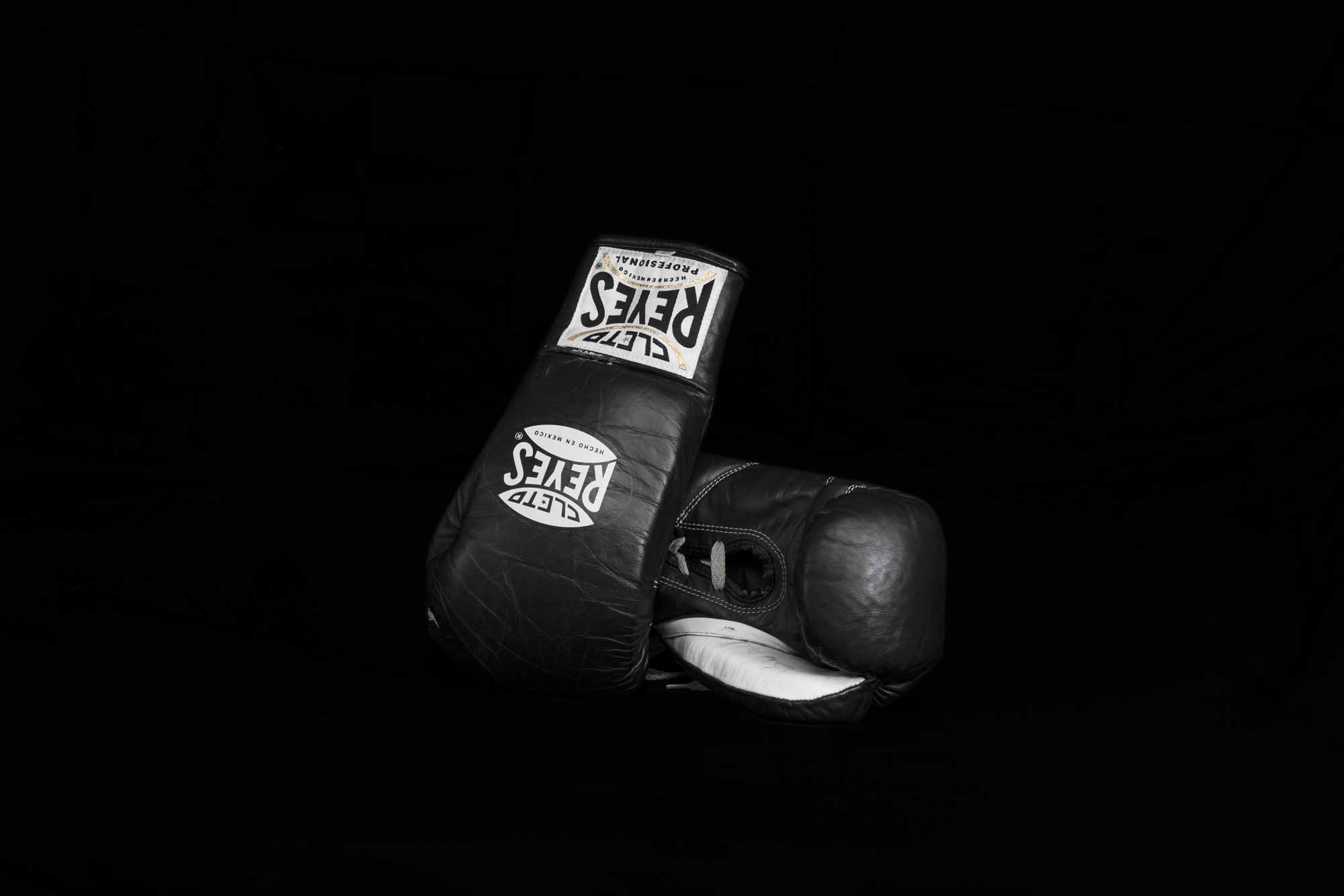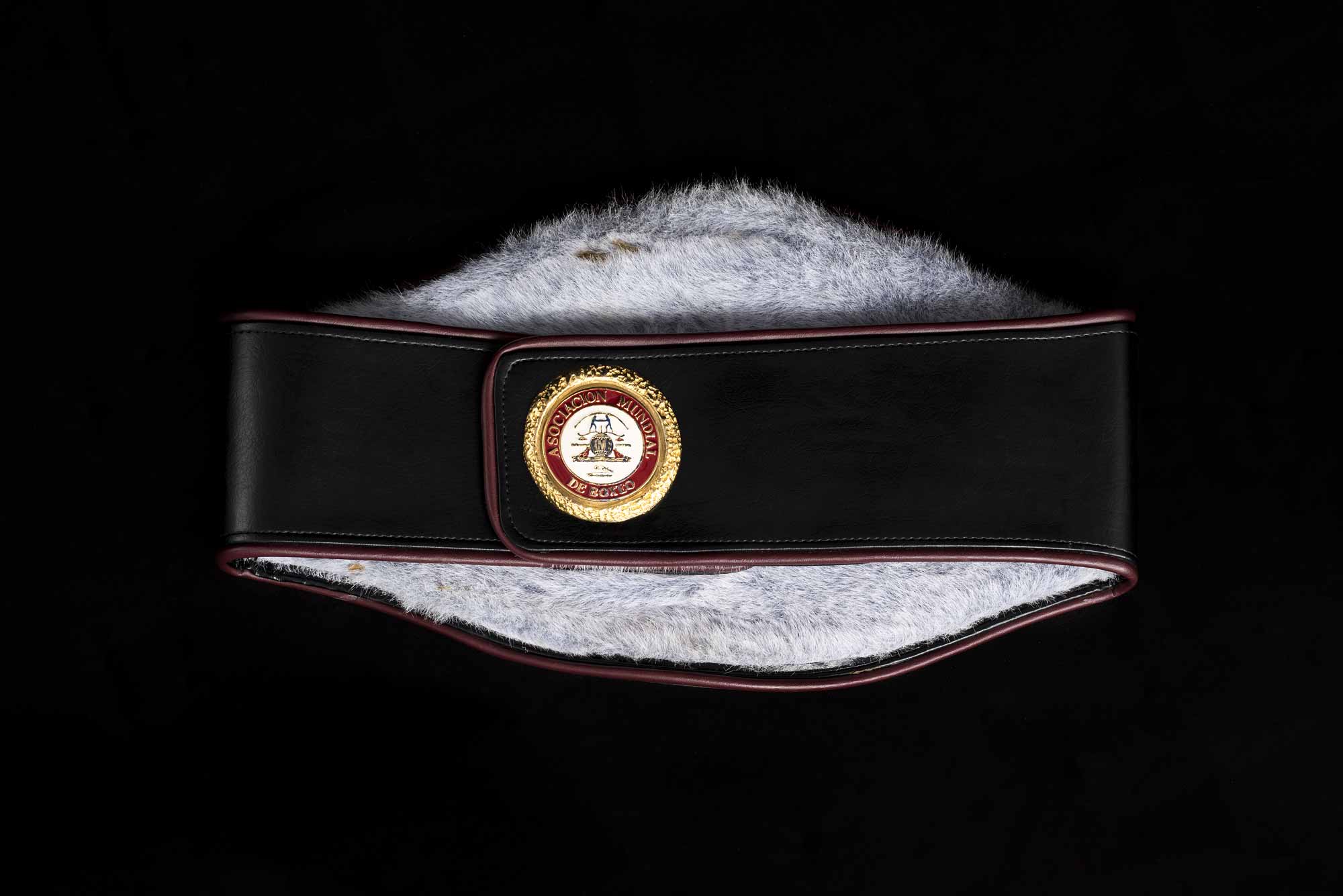Born to an Italian mother in Sierra Leone, at the age of 16, Leonard Bundu stumbled upon a local gym in Florence, Italy where he maturated his boxing talent, and lay the foundations of his new home after having fled his home country in an attempt to avoid the civil war that approached at the time. In due time, Bundu’s devoted training at the Fiorentina Boxing Academy set into motion his promising years in amateurism, the national call that cemented his spot in the 2000 Italian Olympian Boxing Team, and more recently, the European welterweight title in 2011 and 2016.
A renowned professional boxer, and source of pride for Italy, the laud of Leonard Bundu’s accomplishments along with the eagerness, and willingness to naturalize him carries new weight once coupled with Italy’s historical ascription of whiteness to its national identity and related stifling of African-Italian boxers like Leone Jacovacci whose 1928 victory over Mario Bosisio, a white Italian boxer heavily favored by fascist leaders, for the European, and Italian national middleweight belt delegitimized the racist claims of inferiority held by the fascists, and was consequently erased from the record books. The assignment to oblivion of Jacovacci’s success is cause for in depth examination of the career of Bundu and numerous cross overs relating to immigration and national celebration. Thus, while Leone Jacovacci’s story is one of erasure, Leonard Bundu’s carries different but equally problematic connotations on a socio-cultural level given that the celebration of the personal merit of Leonard Bundu’s gold medals and trophies, while existing as a glimmer of hope, are not shared with the black and brown Italians displaced by residual colonial violence.
Photographer David Weiss is a close and personal friend of Bundu for decades. Weiss completed his undergraduate studies in History at the University of Chicago and graduate studies in Photojournalism under Cornell Capa at the International Center of Photography in NYC. A substantial on-going project involves the world of boxing, from women fighters to a close study of Italian and European welter-weight champion Leonard Bundu. His wide angle photographs of Bundu reveal meditative, behind the scenes moments, outside of the ring surrounded by trainers, friends and family. The humanity of boxing resonates with a depth and care rarely attributable to images of the sport and are images of endurance and stamina on a mental level that provide insight to the life beyond boxing for Bundu. These moments frozen by the camera provide access to reflecting upon nuance in a contemporary context of political tension and rising racism and xenophobia across Italy and beyond.
Given the key to the city of Florence in 2018, Italy’s celebration of Leonard Bundu, and his success as a professional boxer cannot resound without an explicit mention of the history of empire and colonialism that entrenched a sense of national supremacy based on whiteness. Bundu’s battle in the ring stretches beyond corporeal altercation and inadvertently collides with deeper conflicts of displacement, and immigrant exclusion compounded by racism that have endorsed the hindrance and censorship of the careers and victories of earlier African-Italian boxers.






